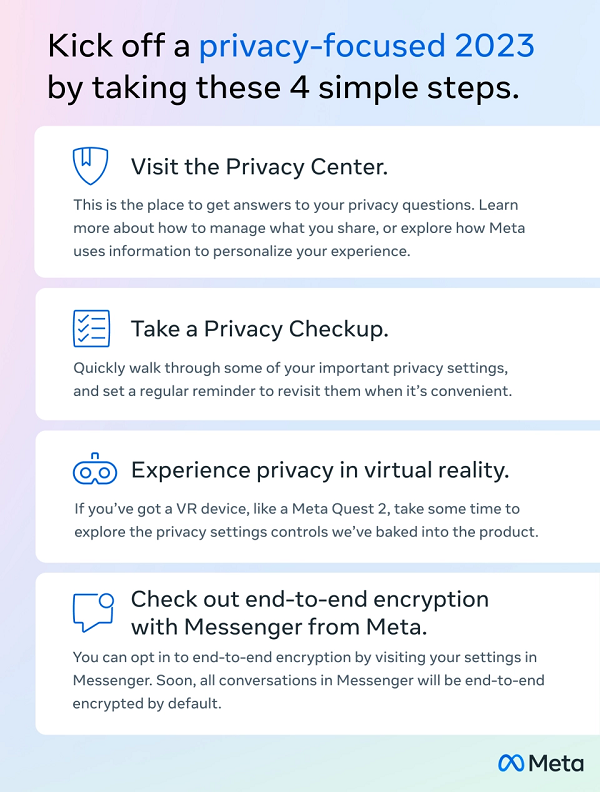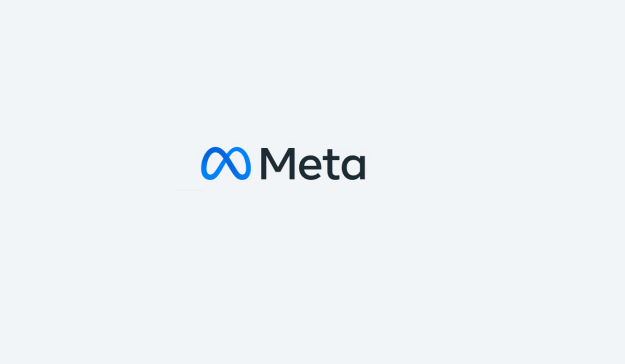Data Privacy Day is being held on January 28th, and to mark the event, Meta is urging users to review their privacy settings, while it’s also looking to highlight its various initiatives to help protect users, and give people more control over their data usage.
Which hasn’t always been Meta’s strong suit. As a reminder, the Cambridge Analytica controversy came about because Meta had allowed academic institutions to access Facebook user data on a massive scale, which eventually got into the hands of private operators, who then used that insight to build a voter targeting machine.
The actual effectiveness of that program remains debatable – but since then, Meta has gone to extra effort to better protect user insights, and ensure that such information doesn’t fall into the hands of organizations that might seek to use people’s inherent traits against them, the manipulate their actions based on the same.
Indeed, in the latest version of its Privacy Progress Update, Meta has provided an overview of its various initiatives designed to better protect user data and information.
Those include:
For Data Privacy Day, Meta says that it will be notifying users to undertake a Privacy Checkup, which will take them through the various elements that they can control, and prompt them to review their settings.
“Whether you’re tweaking your audience settings or setting up two-factor authentication, it’s always worth examining your settings on a regular basis, and people can also now set a recurring reminder for Privacy Checkup to be automatically notified to use the control.”

As you can see here, Meta’s also touting its evolving encryption push in its messaging apps, which has been a point of concern for various authorities and government organizations.
Still, it’s hard to argue that people shouldn’t have more privacy if they choose. And while encryption could also protect criminals from detection in Meta’s apps, it does ensure that regular users can feel confident that they’re not being monitored by Big Brother, and are free to share what they like with their contacts.
In this sense, messaging will then better replicate real-world conversation, with what you say in private kept that way.
It’s a difficult area, as there are solid arguments against providing mass-scale communication options that can disguise harmful activity. But it’s another element in Meta’s evolving privacy tools, and as user expectations shift on this front, and more people seek more options in how their data is used, it makes sense for Meta to move in line, wherever it can.



